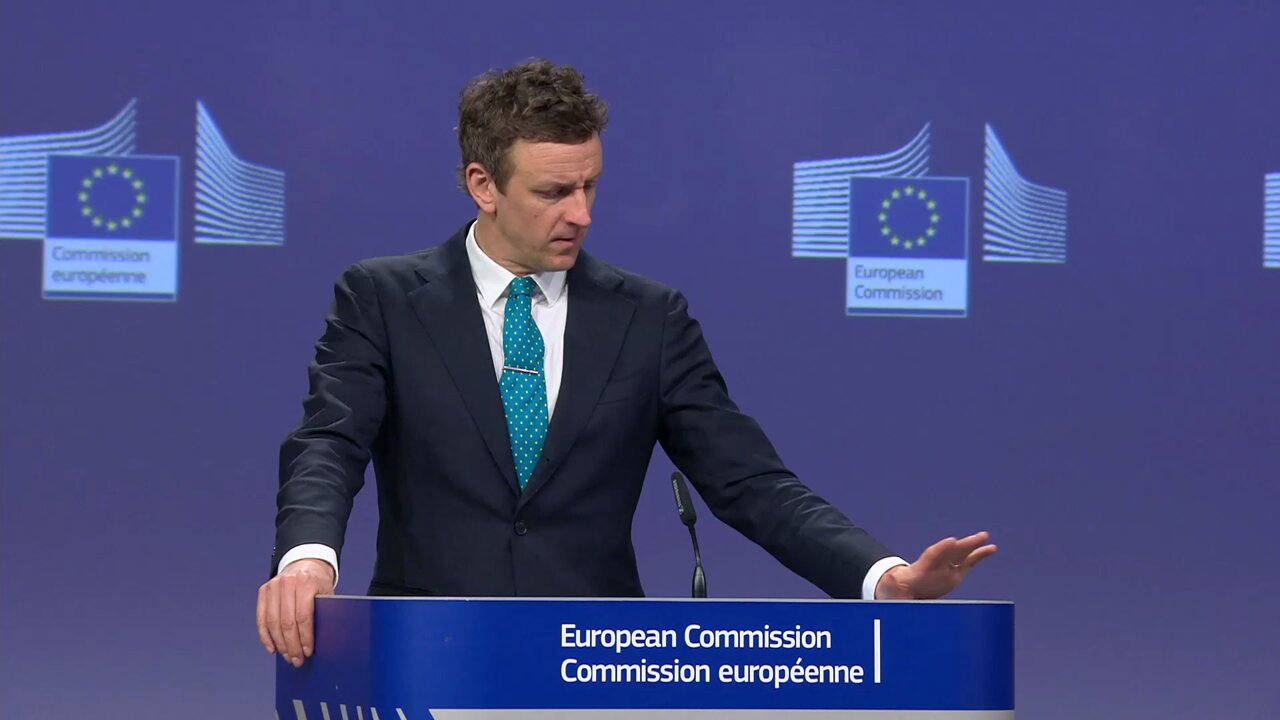
In this context, the European Executive has confirmed that "technical contacts" between the two blocs are continuing, but has not clarified whether negotiations are expected to be raised to a political level in the coming days.
The European Commission said on Monday that the latest round of technical contacts with Mercosur countries to try to close a free trade agreement had allowed for "constructive progress", although it avoided giving details on the level of progress and conceded that contacts must continue because negotiations are still ongoing.
"The chief negotiators met last week and made constructive progress, but, as in all trade negotiations, content takes precedence over speed," said EU Trade spokesman Olof Gill, who considered that at this stage of the negotiations "it is not appropriate" to speak in detail about the negotiations.
In this context, the Community Executive has confirmed that "technical contacts continue" between the two blocks, but has not clarified whether it is planned that in the coming days the negotiation will be raised to a political level, despite the fact that this was a scenario planned for the next summit of the Mercosur countries if definitive steps were achieved between negotiators last week in Brasilia.
Brussels, which speaks on behalf of the EU in trade matters, negotiates on the basis of a mandate adopted unanimously by the Twenty-Seven - including those who, like France, are now expressing their opposition to the pact - so the Community services insist on carrying the technical negotiations to the end and presenting the final result to the governments.
At this stage, the Community Executive is focusing its talks on strengthening environmental safeguards to consolidate the commitment of the Southern Cone countries to the Paris climate agreement and also responding to the concerns of European farmers who are calling for mirror clauses so that Mercosur producers who want to export to the single market are subject to the same standards as Europeans.
Negotiators from both sides met in Brasilia with the aim of making it a "final round at a technical level" to resolve the last obstacles to a new relationship whose agreement was announced in 2019, but whose completion was frustrated by political differences between the two blocs and within the European Union itself.
The outgoing European Commission economic vice-president and trade minister until Saturday, Valdis Dombrovskis, said last week after a meeting in Brussels with European ministers that he expected this round to be the final one before being able to raise the issue to political level, aware that the difficulties of the pact will require negotiations at the highest level.
Countries such as Spain and Germany strongly defend the need to achieve a free trade agreement with the Mercosur countries because of its benefits for the EU and to keep up with rival powers such as China; but they are faced with the outright rejection of France, whose government has made it clear that the agreement in its current state is "unacceptable" and is seeking to form a blocking minority in the other EU countries to prevent its ratification.
Although the agreement has been on the negotiating table for more than two decades, it remains unclear what the legal basis of the Treaty that Brussels is considering before presenting it to European governments will be, although it is assumed that it is working on a trade agreement within European competence that does not require ratification by the 27 national parliaments to avoid possible vetoes or new delays.
However, the agreement will need to be approved by the EU Council by a qualified majority of member states and, after the debate held by ministers last Thursday, various European sources consulted by Europa Press say that Paris has not yet managed to gather a sufficient blocking minority, although countries such as Ireland and Poland have publicly said they have reservations.









